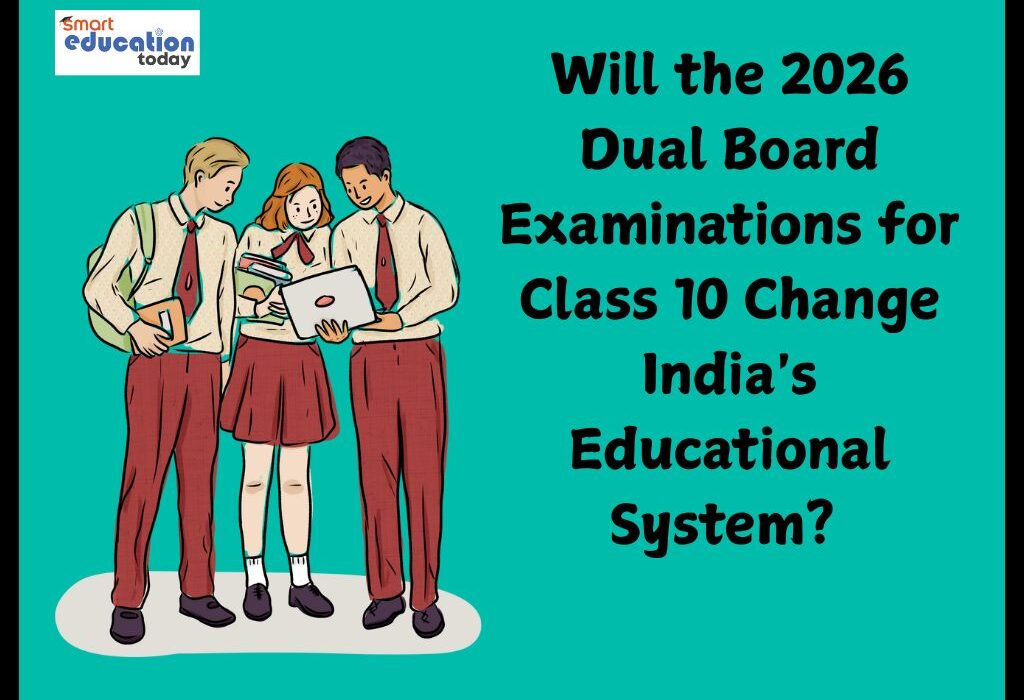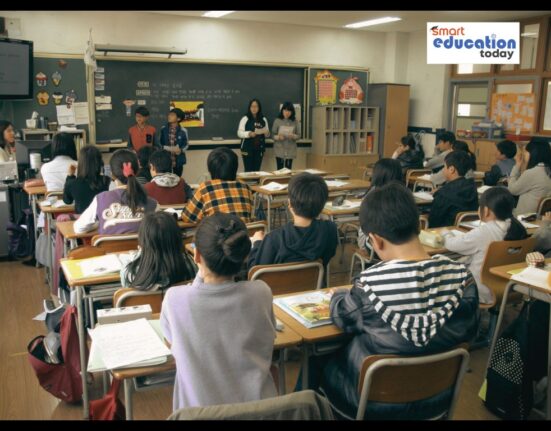Dual Board Exams Beginning in 2026: To provide flexibility and individualized learning pathways, CBSE will begin offering dual board exams for Class 10 in 2026.
Dual Board Exams Commencing in 2026: Beginning in 2026, the Central Board of Secondary Education (CBSE) will administer dual board exams for Class 10. This represents a dramatic change in the educational system in India. The draft states that the CBSE will administer these dual board exams to 10th graders in February and May. This choice is made at a time when the country is facing difficulties because of a diverse student body and differing educational standards. It offers fascinating chances to improve the nation’s educational system. This new method, which is based on a thorough assessment model, attempts to give pupils a better assessment of their knowledge and abilities.
By giving students the option to select from a variety of examination boards, the project aims to improve flexibility and customize learning pathways. In the end, this action might promote a more inventive and competitive atmosphere. It might change how assessments are conducted, impact instructional tactics, and affect student participation nationwide, sparking more extensive conversations about democratizing international education.
Additionally, it will greatly lower the likelihood that students would fail and provide them the opportunity to study disciplines other than the conventional emphasis on science and math. Both teachers and students gain from this change since it gives them another opportunity to help their pupils perform well on tests, particularly those who have missed all or part of them for certain reasons. Additionally, schools will eventually gain by raising their academic quality standards and increasing the proportion of kids passing with strong scores because these tests are meant to identify gaps and implement corrective measures.
In order to improve academic standards and raise the proportion of students who graduate with honorable grades, the program also seeks to detect learning gaps and put remedial measures in place. Crucially, students’ anxiety about taking tests would progressively decrease as a result of the suggested evaluations for classes 3, 5, and 8 under NEP.
Absence of Additional Testing
One of the most important aspects of this reform is that, if students are happy with their initial exam results, they will be permitted to skip certain subjects on their second try. Because they won’t have to worry about getting good grades because it’s their only chance, students may choose to take both exam sessions and receive mark sheets that reflect their best performance on all of the tests.
The fact that both exams will cover the whole syllabus and that students will be assigned to the same testing locations for both sessions is another important feature of this new pattern. letting them work more efficiently and concentrate on expanding their knowledge instead than delivering it all to them at once. It’s crucial to remember that the exam price schedule will also alter and be collected differently for each try. Some families may find it difficult to pay for the increased exam fees, and students may feel pressured to make snap judgments due to the rigorous registration and topic selection deadlines.
The first and second editions of the tests will also serve as supplementary exams, according to CBSE, and no separate extra exams are ever scheduled. After the LOC is finalized, there is no change of subject. Although this reform allows for topic selection freedom, candidates will not be allowed to switch subjects once the list of candidates (LOC) is finalized. In the February–March first exam, students are free to skip a topic and select a different one in the May session.


















Leave feedback about this